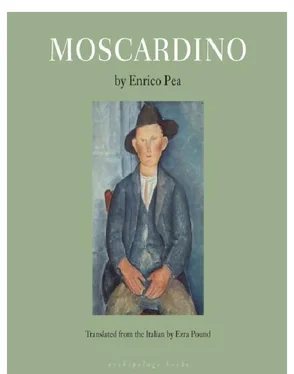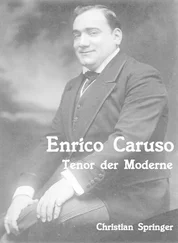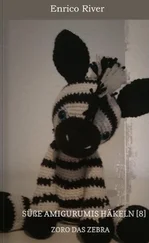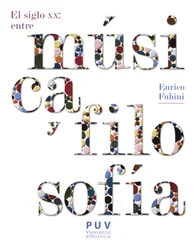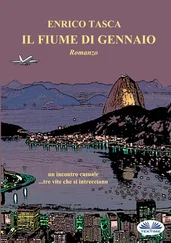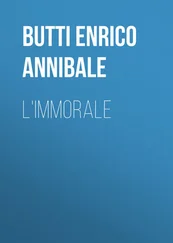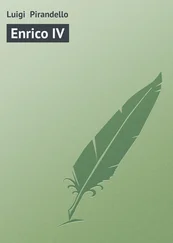The women of Terrina go to bed as God made ’em, naked.
Our house had no curtains, and the rooms are not dark at night. Don Lorenzo saw her naked, white, white, with her legs long. My grandfather seemed like a monster crouched over her, clamped to her belly, looking into her eyes.
The abbé stood there till the dead came to life, ill augured witness of my mother’s procreation.
Cleofe, do you like me?
A’ you? replied Cleofe bashfully as if asking it of herself, Do you like me?
That was after she got over her terror, and she had not cried out, feeling resistance was useless, and even if she had wanted to, had not the strength to cry out. Love had pinned down her arms, annulled and made useless the strength of her strong body. Her breath so caught in her lungs that she had no breath, and could make no movement of denial.
Cleofe found herself in his arms as a bird willingly in the mouth of a serpent, forgetting its possession of wings. Neither wanted to weep nor could help it.
Cleofe, do you like me?
A’ you?
He was calm now, and looked into her tobacco-coloured eyes, held her head firm with his two hands on her cheeks and felt the blood beat in her temples, felt it in the pads of his fingertips, felt the warm breath coming from Cleofe’s mouth that his hands distorted. Cleofe had the sea’s tempest in her ears, felt the wind bringing winter now, over the house roof, in the tops of the trees that guard it.
In the courtyard was the well-curb with twisted ironwork over it, and the stone edge gone mossy, the cord looped over a hook, the well bucket hooped with iron shrunk on as a wheel-rim.
The well went a hundred yards down. Town perched on a mountain, the well, bored through clay and rock, narrow and crooked, down, down, through the cracks, through the tufts of nettle and pellatory.
When they drew water, the pulley wheel turned: Chio, kao, kao. The drops of the well bucket, coming up jerkily, echoed the clink.
Grumpy stopped his ears because the gi-gi of the pulley set his teeth on edge as sour lemon or when he heard pumice scraped on the marble sink. But since he was now domiciled in the courtyard he was drawn on by the curiosity to look into the well, drawn by the clear clink of the pulley that was like a bell struck by the subterranean spirits, so, little by little, with one ear, then with both he could stand hearing the turn of the pulley without feeling gooseflesh.
He looked down the well trembling and saw only darkness, not even water which the spirits had covered with lead, with a cloud-coloured mantle that was passing over the sky.
Grumpy thought he saw a river churning down there at the well-bottom, and thought he could hear a noise like that of the mill-race when the motive wheel moves in a sawmill. But he saw only a slab of lead and heard only the wandering of his own voice losing itself in the void beneath him.
When he grew bolder he threw stones into the well and saw circles shake on the water and saw his face in frightened reflection, deformed and recomposed in the whirlpool, submerged in the ripples as little by little the spirits restrained the water under their leaden mantles.
He began to take his meals on the green well-curb, casting a glance now and then into the deep at the swarming of shadows heaped like clouds, but smaller, a comic dwarf leaning there on his elbows the better to hide.
And he began to wind the well cord over the hook and the well crane, a hundred yards of it, bendable but shriveled stiff like a steel wire.
Grumpy made a regular skein round and united as the circles of the well water, smiling now and again. Thus he learned to look pleasant.
The abbé preferred to dawdle about under the orange trees which were also there in the courtyard aligned at the far end, clipped low so that the branches should not spread over the wall. If he looked down the well it made him dizzy, things swam before his eyes, he got pin-wheels as when he shut them facing the sun to see lights and glows of many colours.
There were the stubs of column, also, on which the old people had set the broken tubs from Montelupo that the tinker had patched up with wire and lumps of plaster, so that they now held earth as well as they had once held the washing. The old tubs from Montelupo with two masks and mottoes:
“Like to like.”
“God makes ’em, and then gives ’em mates they deserve.” Now they were full of rich earth, geraniums and daisies green in them so as to look like a shrub trunk with small flowers round it not passing the edge. Grumpy drew up the water, the abbé carried it to the old jars from Montelupo. They were painted now to conceal their age, the cracks, the snubbed noses of the masks, covered with a sort of red chalk that you use to paint tiles in a bedroom. Thus when the abbé had drowned the flowers that didn’t pass the tub’s edge there was a bloody wreath round the tubs.
Grumpy wouldn’t come near them for fear of that spilled blood on the ground, and the abbé never looked down the well for fear of dizziness.
That was their way of passing the time, as it was now impossible for them to stay indoors. My grandfather watched Grumpy’s eyes, and the abbé’s hands stuffed through the unfaced slits of his soutane.
If Grumpy so much as looked at Cleofe, dinner was off. Grumpy barricaded himself in his room and the abbé had no hair left where his tonsure should have been, it was now twice the size of most priests’; and Cleofe could no longer keep my grandfather calm. Her gentleness only drove him wild and made him crazy with jealousy.
“Your brother will kill you one day.” And Grumpy shut his eyes and saw my grandfather in uniform with his eyes shining scarlet.
And “that woman’s” sweetish voice crept into his ears, trembling as if with compassion, almost as if she were weeping, there were tears almost in her voice full of urgence.
Grumpy no longer had his mother to fondle him. Threats at his throat if he so much as cast an affectionate glance, he crept into the house like a sneak thief, felt like a burglar if caught, barricaded himself in his room to keep from being flayed alive; and “that woman” who came so often to the well, did she know it? Did she know, and was she afraid he would die soon?
She was perhaps his guardian angel that had watched over his childhood. A great wave of feeling swept over her that she could express only with her eyes closed, weeping: Your brother will kill you one of these days.
Grumpy shut his eyes: And you, Don Lorenzo, do you remember your mother, before she went off her head? Nobody would touch a hair of your head then.
And Don Lorenzo sniggered, as he did when Cleofe looked at him.
Grumpy was drawing up water, and that woman stood with her thighs close to him as if wanting to help him.
When the bucket was in reach she leant over the well-curb to take it, crushing her belly against the green stone so that her thighs seemed to hold up two antennae as the wooden braces hold up the countryside bridges.
Her breast lay heavy almost falling out of her linen dress gathered in at the neck like the tunic of a Madonna.
Grumpy looked at the freckles on her breasts; so near now he could see her heart-throbs. Her throat brushed his hand and he shut his eyes as if in terror, and if the odor of lavender, released from the fold of the linen blouse puffed out by the weight of her breasts, reached into his nostrils he closed his eyes terrified with his legs weak as if in a fit of malaria.
So they remained hung over the well-curb in abandon, Grumpy’s head drawn like a weight toward the well-bottom among the shadowy spirits which took hold of the bushy hair of the reflected head and beat it against the head of the woman reflected, so that the images were melted together, one over the other, striking and melting together.
Читать дальше
